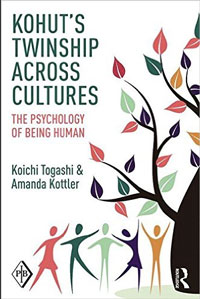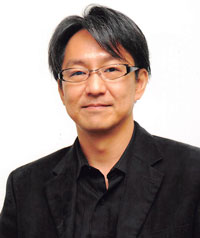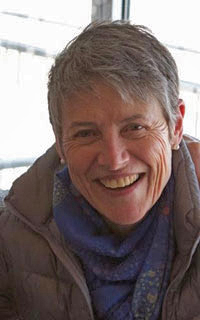By Koichi Togashi (Japan) and Amanda Kottler (South Africa)
 Kohut’s Twinship Across Cultures: The Psychology of Being Human (Routledge, 2015) attempts to make sense of Kohut’s intentions when he radically redefined and elevated the analytic significance of the twinship experience. The shift from a sense of “essential alikeness” (Kohut, 1971)—i.e., a patient’s yearning to experience himself as like his analyst, or a patient’s yearning to experience his analyst as like himself—to “a feeling that one is a human being among other human beings” (Kohut, 1984, p. 200) is profound. It begs the questions asked by the authors of this book: why did Kohut expand this concept to include the most basic sense of human existence? What does it mean to be human? What does it mean to live in this world? What is human anguish? And, finally, how do these questions relate to our psychoanalytic work?
Kohut’s Twinship Across Cultures: The Psychology of Being Human (Routledge, 2015) attempts to make sense of Kohut’s intentions when he radically redefined and elevated the analytic significance of the twinship experience. The shift from a sense of “essential alikeness” (Kohut, 1971)—i.e., a patient’s yearning to experience himself as like his analyst, or a patient’s yearning to experience his analyst as like himself—to “a feeling that one is a human being among other human beings” (Kohut, 1984, p. 200) is profound. It begs the questions asked by the authors of this book: why did Kohut expand this concept to include the most basic sense of human existence? What does it mean to be human? What does it mean to live in this world? What is human anguish? And, finally, how do these questions relate to our psychoanalytic work?
In this volume, Togashi and Kottler attempt to get to the heart of these existential questions through the lenses of relational and intersubjective psychoanalysis. The two authors, one from Japan and the other from South Africa, struggled independently with this concept and how it had been used in the literature, for ten years. Collaboratively they concluded that Kohut’s re-definition illustrates that his thinking had begun a relational shift from a theory of “the psychology of the self” toward what the authors refer to as “the psychology of being human.”
The book commences with an exploration of Kohut’s work on twinship and an illustration of the value of what he left for elaboration following his untimely death. The book then introduces a new and very different sensitivity for understanding particular psychoanalytic relational processes and ideas about human existential anguish, trauma, and the meaning of life. It illustrates this apparently simple concept with a wide range of clinical material, demonstrating the complexity of Kohut’s final definition of the twinship experience. The material reveals the intricacies involved in recognizing and working with traumatized patients who have never experienced themselves as “being human,” which the authors suggest might be better understood as “feeling at home” or as having “a sense of belonging.” The book asks how a sense of being human, as opposed to being described as human, can be generated relationally, and how appreciating this distinction might help clinicians to better understand and work with trauma.
Link: http://www.tandf.net/books/details/9781138819177/
 Koichi Togashi, PhD, LP
Koichi Togashi, PhD, LP
Professor, Konan University
Kobe, Japan
Psychoanalyst, Private Practice
Hiroshima and Kobe, Japan
Email Koichi Togashi
 Amanda Kottler, MA (Clinical Psychology)
Amanda Kottler, MA (Clinical Psychology)
Clinical Psychologist/Psychotherapist, Private Practice
37 Prince Street
Oranjezicht 8001
Cape Town, South Africa
Email Amanda Kottler


